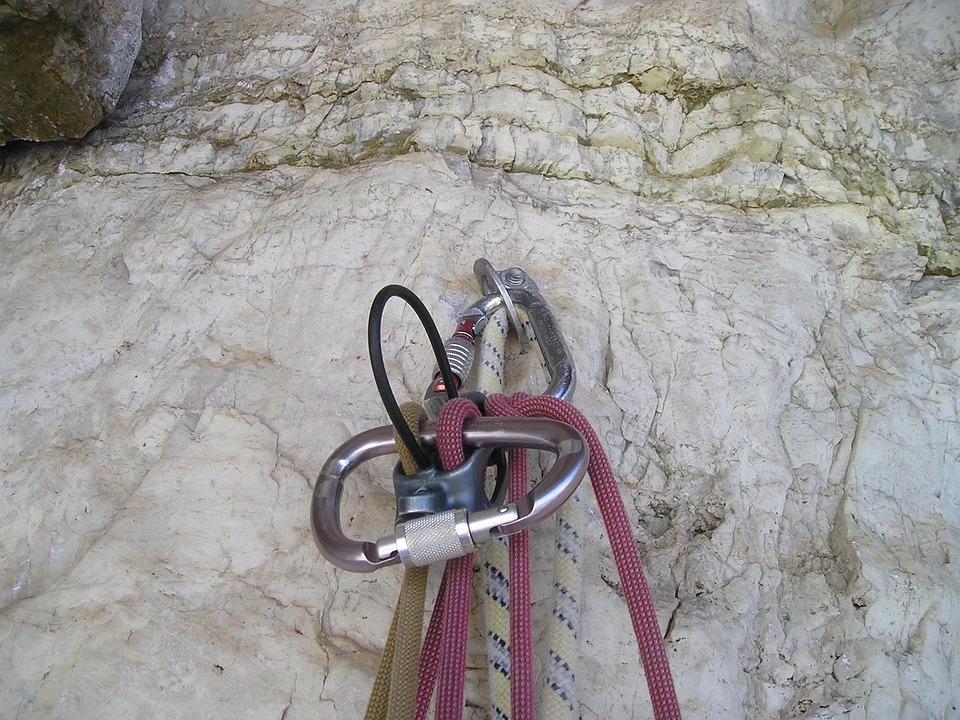
Arkansas, known as The Natural State, offers a tempting combination of natural beauty, low cost of living, and a rich cultural heritage. For many, it’s an ideal place to settle down and invest in real estate. Whether you’re moving for work, family, or simply the love of the outdoors, this guide will walk you through everything you need to know about buying a home in Arkansas.
1. Understanding the Arkansas Real Estate Market
1.1 Overview of the Market
The Arkansas real estate market is characterized by affordable housing options, with a median home price significantly lower than the national average. Cities like Little Rock, Fayetteville, and Hot Springs show varied market dynamics, catering to both urban buyers and those seeking rural peace.
1.2 Trends and Predictions
Stay informed about local trends. As of recent years, home values in Arkansas have seen steady appreciation, though certain areas might experience more growth than others due to factors like job opportunities and infrastructure development.
2. Determining Your Budget
2.1 Assess Your Financial Situation
Before diving into home hunting, evaluate your finances. Consider your income, savings, credit score, and existing debts. A comprehensive understanding of your financial health will enable you to determine what you can afford.
2.2 Down Payment and Other Costs
Typically, a down payment of 20% is ideal, but various programs allow for lower down payments, particularly for first-time buyers. Besides the down payment, factor in closing costs, home inspection fees, and potentially renovations.
2.3 Mortgage Pre-Approval
Getting pre-approved for a mortgage not only clarifies your budget but strengthens your position when making an offer. Shop around for different lenders to find the best rates and terms.
3. Choosing the Right Location
3.1 Urban vs. Rural
Arkansas offers a mix of urban centers and rural charm. Decide what’s best for you: the hustle and bustle of cities like Little Rock or the tranquility of towns like Heber Springs.
3.2 School Districts and Amenities
Research school districts, proximity to work, healthcare facilities, and amenities. Areas with good schools often retain higher property values over time.
3.3 Climate Considerations
Arkansas experiences a humid subtropical climate, with hot summers and mild winters. Take into consideration how weather may affect your lifestyle and home maintenance.
4. The Home-Buying Process
4.1 Finding a Real Estate Agent
Partnering with a local real estate agent can simplify the buying process. Look for someone knowledgeable about Arkansas’s neighborhoods and who aligns with your home-buying goals.
4.2 Home Search Strategies
Define your needs—number of bedrooms, bathrooms, outdoor space—and utilize online listings, open houses, and local insights to find suitable properties.
4.3 Making an Offer
Once you find a home you love, work with your agent to craft a competitive offer. Consider including contingencies, such as a financing contingency or home inspection.
5. Home Inspections and Due Diligence
5.1 Importance of Home Inspections
Always get a thorough home inspection. This step uncovers potential issues with the property, including plumbing, electrical, and structural integrity.
5.2 Appraisal Process
After making an offer, your lender will typically require an appraisal to ensure the home’s value aligns with the purchase price.
5.3 Negotiating Repairs
If the inspection reveals serious issues, you can negotiate repairs or a price reduction with the seller.
6. Closing the Deal
6.1 Final Review of Documents
Before closing, carefully review all documents, including the loan agreement, title report, and closing disclosure. Ensure that all agreed-upon repairs have been made.
6.2 Closing Day Process
Closing day involves signing documents and paying closing costs. It’s advisable to have a real estate attorney present to navigate any complexities.
6.3 Post-Closing Steps
After closing, change the locks, set up utility services, and address any immediate maintenance needs in your new home.
7. Relocating to Arkansas
7.1 Embracing Local Culture
Arkansas boasts a rich cultural scene, from music festivals in Little Rock to outdoor adventures in the Ozarks. Embrace local customs and engage with the community to enhance your living experience.
7.2 Engaging with Neighbors
Building relationships with neighbors fosters a sense of belonging. Attend community events, join local organizations, and explore social media groups specific to your area.
7.3 Understanding State Regulations
Familiarize yourself with codes, zoning laws, and property taxes in your municipality. Knowledge of these regulations is crucial for homeowners.
8. Long-Term Home Ownership Tips
8.1 Maintenance and Upkeep
Regular maintenance prolongs the life of your home. Create a schedule for seasonal maintenance tasks and keep up with routine checks.
8.2 Home Improvements
Consider gradual home improvements that add value. Focus on kitchen and bathroom upgrades, energy-efficient installations, or outdoor enhancements.
8.3 Tax Benefits and Considerations
Homeownership offers various tax benefits. Familiarize yourself with mortgage interest deductions and property tax deductions that can help in financial planning.
9. Conclusion
Buying a home in Arkansas can be a fulfilling experience if approached with careful planning and knowledge. By understanding the market, establishing a budget, choosing the right location, and navigating the buying process diligently, you can successfully invest in a property that suits your needs. Embrace the beauty and community that Arkansas has to offer, and enjoy the journey of homeownership in this vibrant state. Welcome to your new beginning in The Natural State!

